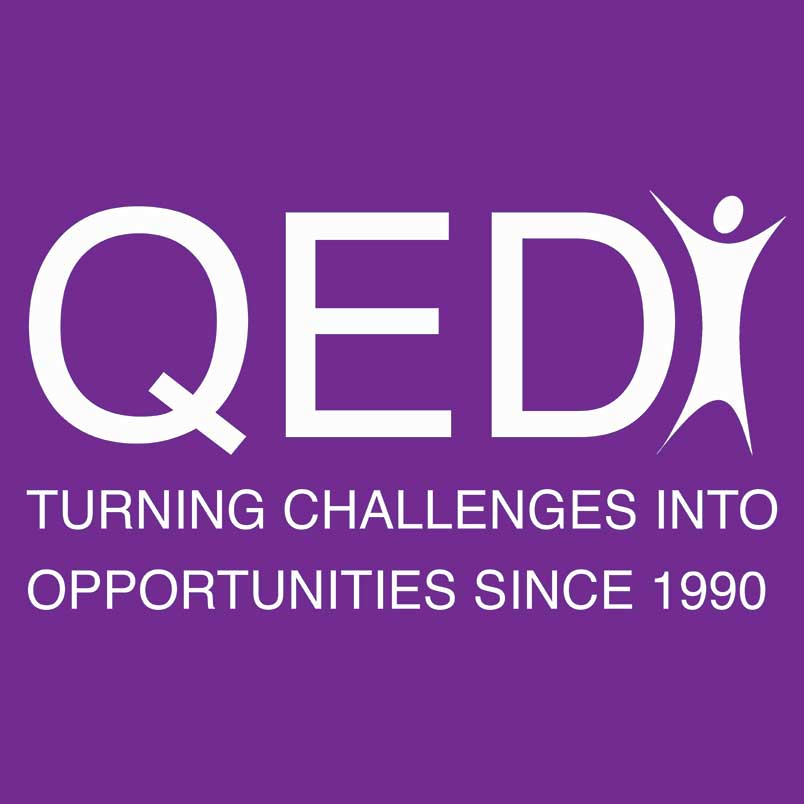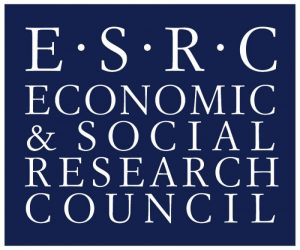Enhancing the integration of Pakistani migrant husbands

The integration of Pakistani spousal migrants is a key concern in two recent policy documents: the 2016 Casey Review, and the 2018 Integrated Communities Strategy White Paper.
About the research
Partner-migration is a significant source of long-term immigration to the UK, with Pakistani nationals accounting for around one in five spouses or partners granted entry clearance in 20161.
Amid increasing political focus on the social and economic benefits of enhancing integration, attention has focussed on migrant wives, neglecting the substantial minority of male migrant spouses. Such men may experience similar challenges to those faced by wives entering a new linguistic, social, cultural and economic environment. For Pakistani migrant husbands, however, gendered obligations of ‘breadwinning’, combined with labour market disadvantage can also mean long working hours in the low wage economy, limiting time and resources for language learning and other integration-related activities.
This pilot project responds to the Integrated Communities suggestion to support integration by ‘providing information to prospective migrants before they arrive in the UK, to give them a clear expectation about life in modern Britain’. The pilot was a collaboration between the University of Bristol and a UK-based charity, the QED Foundation. Based on QED’s experience providing services for Pakistani women migrating to the UK, and findings from an ESRC-funded project on Marriage Migration and Integration, this pilot is the first to offer pre-migration Integration and Language training for male spousal migrants to the UK.
In partnership with a local training provider in Mirpur, Pakistan, QED delivered two five-week pre-migration courses for men intending to join wives in the UK. The results indicate demand for such a service, and benefits for participants, whilst obstacles encountered during the project provide lessons to inform policy and the delivery of similar schemes.
Project design
The pilot followed a three-stage design:
Market research
•building on previous research findings, to establish demand and inform design
•20 interviews with men in Pakistan intending to join spouses in the UK
•Two focus groups with migrant husbands in the UK.
Delivery of two free, 5-week pilot Integration and Language courses in Mirpur, Pakistan
•72 hours per course, 3 hours per day, 5 days a week
•24 participants, all married to British Pakistani women.
Evaluation:
•End of course feedback from students and tutors in Pakistan
•Post-migration telephone interviews in the UK.
Demand for integrated preparation
Market research suggested clear demand for a service of this kind - all participants said they would attend a language and integration training course if it were available.
In contrast to common stereotypes of insular Muslim migrants uninterested in integration, prospective spousal migrants wanted to develop their knowledge of the UK (including on wider British society and culture, employment opportunities and participation in sporting activities).
Some appeared, however, to underestimate the challenges they could face. In the UK focus groups, many participants described a vicious circle for new arrivals: long working hours in low paid jobs leaving little time for improving their English or further training, whilst language issues constrained job opportunities, access to services and social networks2. The pre-migration Integration and Language training pilot responded to these issues, aiming to enhance English language abilities, and equip participants with information and practical skills for life in the UK.
Benefits for participants
All students reported that their English and knowledge of the UK had improved as a result of the course, and particularly valued the practical information on topics including opening bank accounts, wage law, driving rules, applying for jobs and constructing a CV, health and safety, GP registration and appointments, and law and order.
In later telephone interviews, those who had arrived in the UK reported that their improved spoken English and listening comprehension, practical skills and familiarity with the UK context had indeed proved useful. Although the sample size is small, there was a notable pattern of focus group participants who had not received training reporting more negative experiences and difficulties with practical aspects of life in the UK, in comparison to those who had received the training.

‘I opened a bank account without any help’
‘[The course] helped me to understand life in Britain.’
‘We learnt lots of things which were really useful in practical life in UK, for example, I had learnt how to look for jobs, ask for help from others when in trouble and how to book an appointment with GP’
‘Most things in the course were really helpful as I knew a lot of things in advance even before I landed here. It made practical life easy.’

Challenges and lessons for delivery
Challenges emerging in the evaluation phase of the project offer important insights for service delivery.
•Post-migration evaluation with those who had arrived in the UK was complicated by difficulties in finding times to fit with the participants’ busy lives. A few participants could not be contacted or they (or family members answering the phonecall) requested no further contact.
•Almost 18 months after the completion of course delivery in Pakistan, nearly half of the participants had not yet arrived in the UK. At least three visa applications had been refused (two were under appeal), one was still awaiting a decision, and others had not yet applied.
•Visa processing times and waiting periods for appeals3 had both increased significantly since the start of the project (by May 2018 only 50% of settlement visa applications made in Islamabad were processed within 120 days4).
•Inability to meet the income requirements for sponsors accounted for at least three non-applications or visa refusals.
Investing training in participants who may not arrive in the UK is clearly a problem for resource-efficient service delivery. Hence, one important lesson to emerge from this pilot is the need for careful consideration of the timing and conditions for such interventions.
Topics covered in the training
Employment:
CVs and job applications
Employment rights
Practical skills:
Using public transport
Using Health Services (doctors etc)
Driving in the UK
Health and Safety (at home and work)
Shopping
Banking
Community/social life:
Making friends
Volunteering
Sport
Neighbourhood Watch
Citizenship
Other:
British society, culture, history and political system
Education (schools for children etc)
Housing (problems and rights)
Law and order (getting help and advice, police,
immigration system)
PolicyBristol Report 36: September 2018
Policy report 36 Sept 18 Enhancing the integration of Pakistani migrant husbands (PDF, 440kB)
Policy implications
This pilot of pre-migration English Language and Integration training for Pakistani husbands of British Pakistani women suggests both demand for, and potential benefits from such a scheme. Challenges encountered during the pilot also provide insights to inform policy and practice.
•Government should ensure that the integration support needs of migrant husbands are addressed.
•Government should fund integration preparation so that it can be provided free of charge, to reflect financial pressures on migrants, high costs of spousal visa applications, and benefits to UK society of enhancing migrant integration.
•Service providers should consider the timing of service provision carefully to maximise uptake and resource efficiency. The table below sets out advantages and disadvantages of three key policy options:
Further information
This work was supported by the Economic and Social Research Council, Grant number ES/M500410/1
For information about the QED Foundation: https://qed-uk.org/
To download the Marriage Migration and Integration project report and briefing paper: http://www.bristol.ac.uk/ethnicity/projects/mmi/
Thanks are due to M. Ali (OBE), A. Malik (CBE) S. Butt and A. Hafeez at QED; UKCEL in Pakistan; and to all the project participants.
References
2 Charsley, K. & Ersanilli, E. (2018, forthcoming). The ‘Mangetar Trap’? Expectations and experiences of Pakistani Migrant Husbands in the UK, NORMA: International Journal for Masculinity Studies



Authors
Katharine Charsley, Reader in Sociology, University of Bristol
The QED Foundation